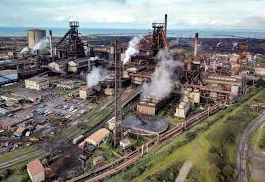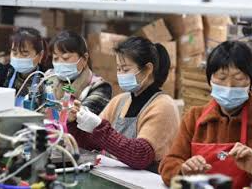
The new electric arc furnace will cut Port Talbot’s carbon emissions by 90%, significantly contributing to the UK’s decarbonisation efforts.
Tata Steel has marked a significant milestone in its journey towards greener steel production with the signing of a contract for a state-of-the-art electric arc furnace (EAF) at its Port Talbot site in South Wales. The agreement with Tenova, a leading metals technology manufacturer, will replace the site’s traditional blast furnaces, significantly reducing carbon emissions and contributing to the UK’s decarbonisation efforts.
The EAF, which is set to be commissioned by the end of 2027, will reduce Port Talbot’s steelmaking carbon emissions by an impressive 90%, equivalent to five million tonnes of CO2 annually. The new furnace will process scrap steel sourced from the UK, with an annual capacity of three million tonnes, matching the output of the previous blast furnaces.
Tata Steel’s CEO, Mr. T V Narendran, expressed the significance of the agreement, saying: “This landmark agreement will enable us to transform our steelmaking site, supporting the UK’s decarbonisation journey while providing economic development opportunities for South Wales.” He added that this move aligns with the company’s commitment to reducing the UK’s carbon footprint and helping customers meet their own carbon reduction goals.
Business Secretary Jonathan Reynolds highlighted the importance of the collaboration, saying, “This partnership follows in the footsteps of an improved deal between the Government and Tata Steel, demonstrating our commitment to a bright future for UK steelmaking.” He stressed that the new technology would play a vital role in decarbonising the industry, creating skilled jobs, and ensuring economic stability for future generations of steelworkers in the region.
Tata Steel’s project with Tenova represents a major step forward in sustainable steelmaking, unlocking not only the potential for a cleaner future but also long-term economic stability for the South Wales region, where steel production has been a key part of the local economy for generations.










